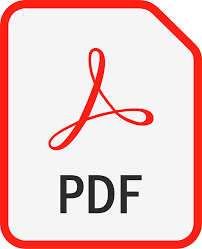Introduction
Introduction
Profession of civil engineering retains its ancient aura even in the current era of electronic & computer revolution. This branch of engineering touches to the dire need of society, civilians which includes shelter & water, roads & bridges, dams & tunnels, environmental pollution and similar construction activities directly related to welfare of human being. As long as civilization exists & grows civil engineering profession will persist.
The department of civil engineering is having highly qualified teaching staff. It is well established with laboratories of modern equipments in Surveying
- Engg. Mechanics
- Strength of Material
- Concrete Technology
- Fluid Mechanics
- Environmental Engineering
- Transportation Engineering
- Geotechnical Engineering
- Engineering Geology
The department is also having separate computer centre.
Programme Outcomes
A. Program Educational Objectives (PEOs)
Graduates will able to –
-
To perform their/duties efficiently, effectively and ethically at individual level and also at group level in a multidisciplinary team, contributing to the welfare of the society
-
To analyse data and technical concepts pertaining to the development of infrastructure, design, sustainability, construction management and any other related field of civil engineering.
-
To adopt new innovative technology by continuously updating their knowledge through lifelong learning achieving personal and organization growth.
-
Graduates will be able to excel in a career while contributing to the growth of their organization.
B. Program Outcomes
Engineering Graduate will be able to –
-
Engineering knowledge: Apply the knowledge of mathematics, science, engineering fundamentals, and an engineering specialization to the solution of complex engineering problems.
-
Problem analysis: Identify, formulate, review research literature, and analyze complex engineering problems reaching substantiated conclusions using first principles of mathematics, natural sciences, and engineering sciences.
-
Design/development of solutions: Design solutions for complex engineering problems and design system components or processes that meet the specified needs with appropriate consideration for the public health and safety, and the cultural, societal, and environmental considerations.
-
Conduct investigations of complex problems: Use research-based knowledge and research methods including design of experiments, analysis and interpretation of data, and synthesis of the information to provide valid conclusions.
-
Modern tool usage: Create, select, and apply appropriate techniques, resources, and modern engineering and IT tools including prediction and modeling to complex engineering activities with an understanding of the limitations.
-
The engineer and society: Apply reasoning informed by the contextual knowledge to assess societal, health, safety, legal and cultural issues and the consequent responsibilities relevant to the professional engineering practice.
-
Environment and sustainability: Understand the impact of the professional engineering solutions in societal and environmental contexts, and demonstrate the knowledge of, and need for sustainable development.
-
Ethics: Apply ethical principles and commit to professional ethics and responsibilities and norms of the engineering practice.
-
Individual and team work: Function effectively as an individual, and as a member or leader in diverse teams, and in multidisciplinary settings.
-
Communication: Communicate effectively on complex engineering activities with the engineering community and with society at large, such as, being able to comprehend and write effective reports and design documentation, make effective presentations, and give and receive clear instructions.
-
Project management and finance: Demonstrate knowledge and understanding of the engineering and management principles and apply these to one’s own work, as a member and leader in a team, to manage projects and in multidisciplinary environments.
-
Life-long learning: Recognize the need for, and have the preparation and ability to engage in independent and life-long learning in the broadest context of technological change.
C. Program Specific Outcomes
-
Plan, analyze, design and estimate the structures including substructures and superstructures for residences, public buildings, industries, irrigation structures, powerhouses, highways, railways, airways, docks and harbours and provide sustainable solutions to the civil Engineering problems.
-
Apply modern management and construction techniques to compete with recent structural design and construction within the specific time and funds.
Career opportunities
The activities of civil engineers provide them with opportunities in a variety of locations from city centres to remote construction sites. Employment pportunities are available in various State and Central Government and Semi-Government departments, viz., P.W.D., irrigation, environment, railways, municipal or local bodies, corporation etc. and private sectors (like design, consultancy and construction firms). There is ample scope for self-employment. With a large outlay in government sector and a matching outlay in private sector, there will be adequate employment opportunities for civil engineers for years to come. There is a consistent and continuous demand for civil engineers.
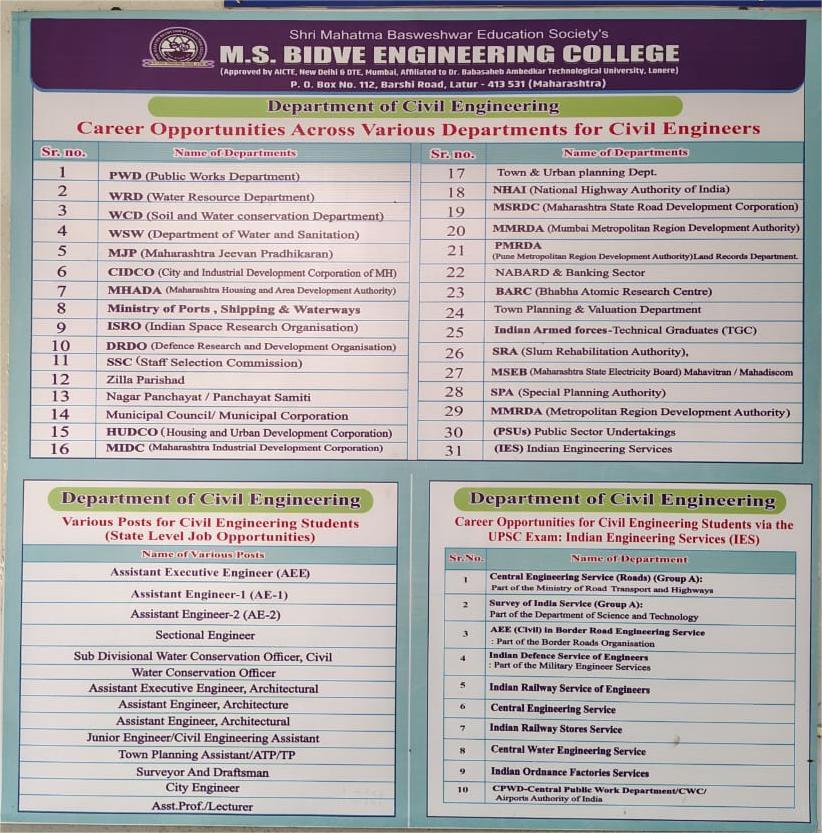
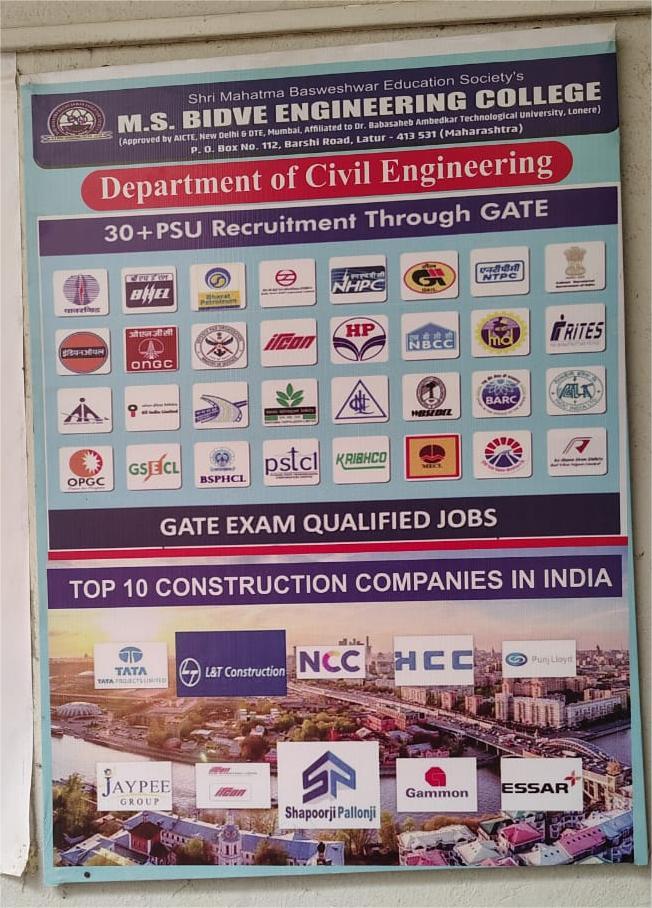
Faculty
Faculty (Permanent:08 Adhoc/Other:05 Total:13)
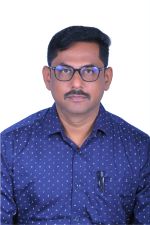 |
Name | Prof. HAMANE A A (HOD) |
| Designation | Asst. Prof. | |
| Qualification | M.Tech. (P.hD.) Pursuing | |
| Teaching Experience | 12 Years | |
| Industry Experience | 3 Years | |
| Email Address | hamane.ajay@gmail.com | |
| Area of Specialization | Structural Engineering. |
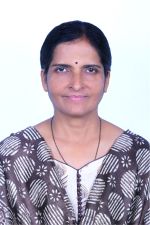 |
Name | Prof. DESHPANDE S G |
| Designation | Asst. Prof. | |
| Qualification | M.Tech. | |
| Teaching Experience | 27 Years | |
| Industry Experience | - | |
| Email Address | sgdeshpande@gmail.com | |
| Area of Specialization | Environmental Engineering. |
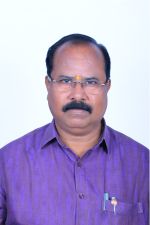 |
Name | Prof. SHETE G N |
| Designation | Asst. Prof. | |
| Qualification | M.E. Structure | |
| Teaching Experience | 24 Years | |
| Industry Experience | - | |
| Email Address | gundappashete1967@gmail.com | |
| Area of Specialization | Structural Engineering. |
 |
Name | Prof. Rajput R.P. |
| Designation | Asst. Prof. | |
| Qualification | M.Tech. | |
| Teaching Experience | 11 Years | |
| Industry Experience | 02 Years | |
| Email Address | ratanprajput@gmail.com | |
| Area of Specialization | Construction Management. |
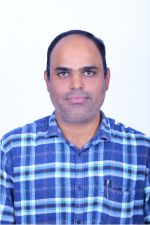 |
Name | Prof.Shaikh A.N. |
| Designation | Asst. Prof. | |
| Qualification | M.E. (P.hD.) Pursuing | |
| Teaching Experience | 13 Years | |
| Industry Experience | - | |
| Email Address | ayazoddin@gmail.com | |
| Area of Specialization | Structural Engineering. |
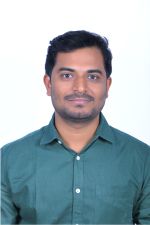 |
Name | Prof. Wale S.V. |
| Designation | Asst. Prof. | |
| Qualification | M.Tech. | |
| Teaching Experience | 6 Years | |
| Industry Experience | - | |
| Email Address | shubhamwale1@gmail.com | |
| Area of Specialization | Geotechnical Engineering |
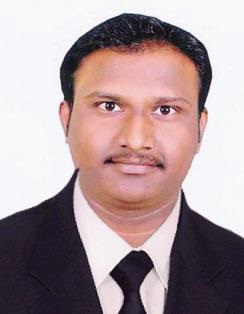 |
Name | Prof. Anantwad S.B. |
| Designation | Asst. Prof. | |
| Qualification | M.E. Structure | |
| Teaching Experience | 6 Years | |
| Industry Experience | 2 Years | |
| Email Address | sbanantwad@msbecl.ac.in | |
| Area of Specialization | Civil Structure |
 |
Name | Prof.Tambolkar P.D. |
| Designation | Asst. Prof. | |
| Qualification | M.Tech. (PhD.) Persuing | |
| Teaching Experience | 1.5 Years | |
| Industry Experience | 4 Years | |
| Email Address | pritam.tambolkar@gmail.com | |
| Area of Specialization | Structural Engineering |
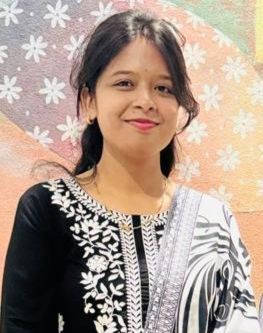 |
Name | Prof. Mule S.G. |
| Designation | Asst. Prof. | |
| Qualification | M.Tech. (Structure) | |
| Teaching Experience | 1 Year | |
| Industry Experience | -- | |
| Email Address | sgmule@msbecl.ac.in | |
| Area of Specialization | Structural Engineering. |
 |
Name | Prof.Shete S.G. |
| Designation | Lecturer | |
| Qualification | M.Tech. Appearing | |
| Teaching Experience | 1 Year | |
| Industry Experience | 2 Years | |
| Email Address | sheteshreyash312@gmail.com | |
| Area of Specialization |
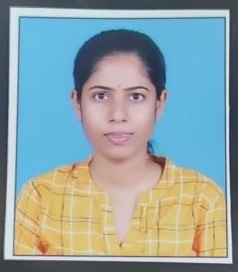 |
Name | Prof.Samshette M.M. |
| Designation | Lecturer | |
| Qualification | M.Tech. | |
| Teaching Experience | 1 Year | |
| Industry Experience | - | |
| Email Address | samshettemrunali@gmail.com | |
| Area of Specialization | Structural Engineering |
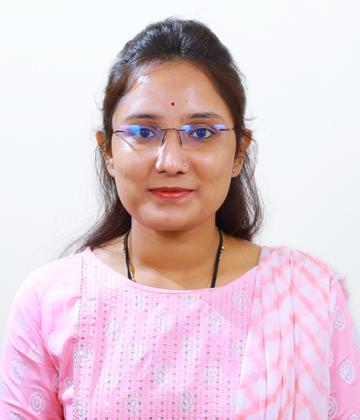 |
Name | Prof. Barbade S. B. |
| Designation | Asst. Prof. | |
| Qualification | M.Tech. | |
| Teaching Experience | 1 Year | |
| Industry Experience | - | |
| Email Address | shrutibarbade92@gmail.com | |
| Area of Specialization | Structural Engineering. |
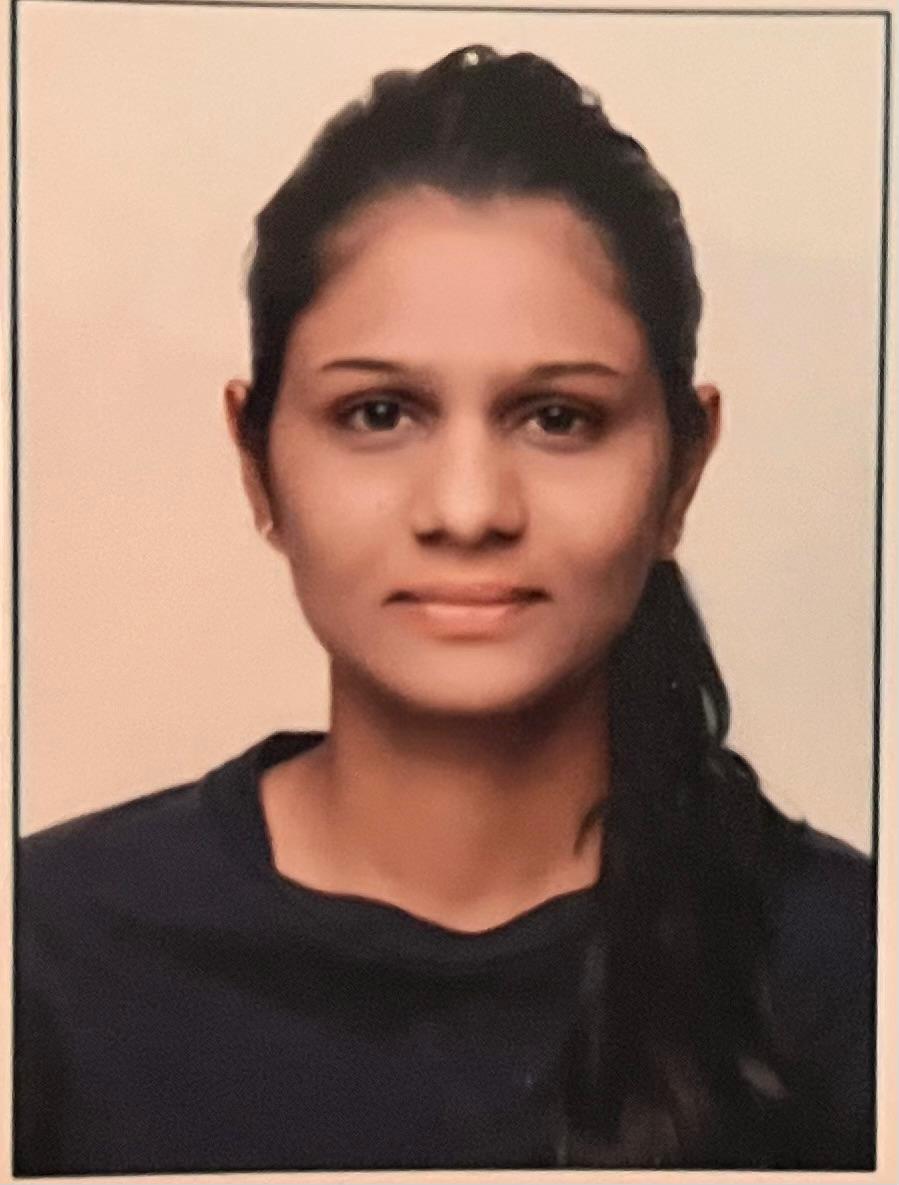 |
Name | Prof. Patil A.J. |
| Designation | Asst. Prof. | |
| Qualification | ME(Environmental Engineering) | |
| Teaching Experience | 2 Years | |
| Industry Experience | - | |
| Email Address | ashpatil1185@gmail.com | |
| Area of Specialization | Environmental Engineering |
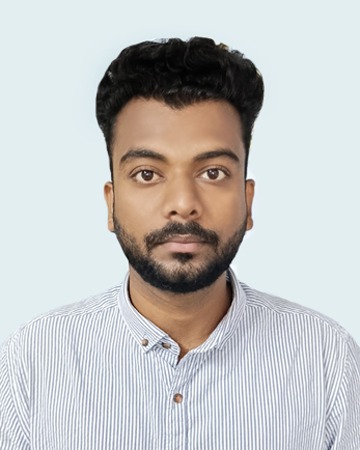 |
Name | Prof. Sangave O. P. |
| Designation | Lecturer | |
| Qualification | M-tech Pursuing (Struct. Engg.) | |
| Teaching Experience | - | |
| Industry Experience | 3.5 years | |
| Email Address | omprakashsangve2000@gmail.com | |
| Area of Specialization | - |
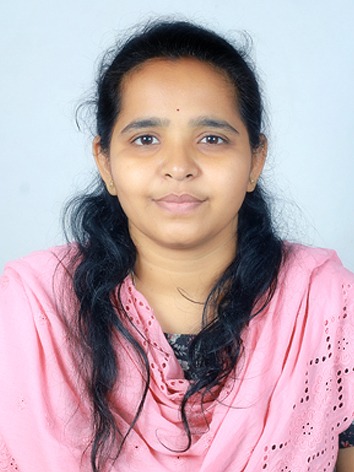 |
Name | Prof. Sakhare S.C. |
| Designation | Lecturer | |
| Qualification | BE(civil | |
| Teaching Experience | 4 Months | |
| Industry Experience | - | |
| Email Address | togetherwecanrocks@gmail.com | |
| Area of Specialization | - |
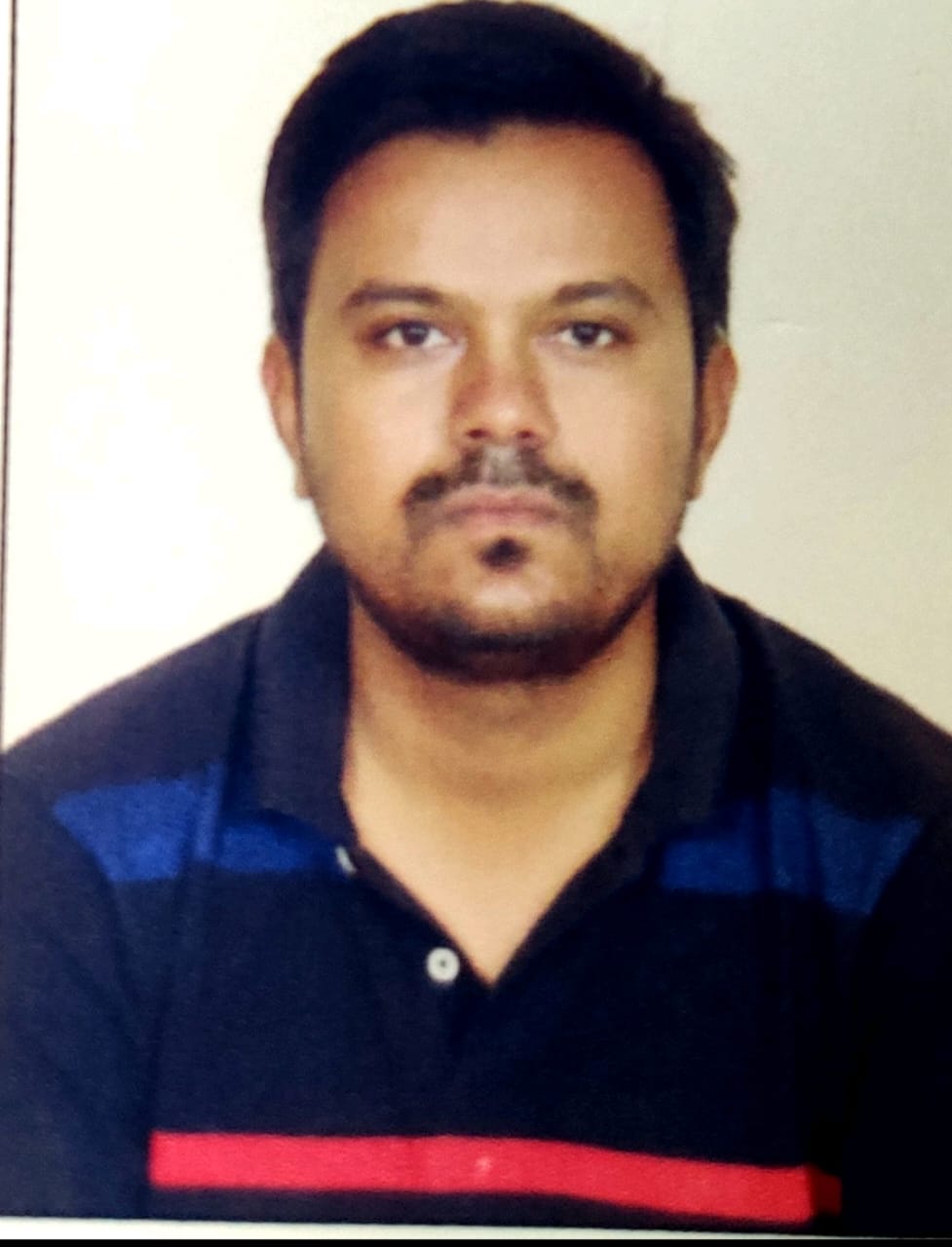 |
Name | Prof. Patwari A. S. |
| Designation | Lecturer | |
| Qualification | M.E.(Civil Structure) | |
| Teaching Experience | - | |
| Industry Experience | 7 years | |
| Email Address | patwariakash07@gmail.com | |
| Area of Specialization | Civil Structure |
Laboratory Details
Laboratory Details
| Sr. | Name of lab | Name of Special equipments |
|---|---|---|
| 1 | Environmental Laboratory | Bod 6 Caft Ss |
| 2 | Soil Mechanics Laboratory | Direct Shear Test Apparatus |
| 3 | Transporttation Engg. Laboratory | Deval Abrasion Testing M/C Is 2386 |
| 4 | Strength Of Materials Laboratory | F.S.A. Make Utm Model Nrb 250 Complete With All Std. Accessories |
| 5 | Applied Mechanics Laboratory | |
| 6 | Fluid Mechanics Laboratory | Kaplan Turbine Test Rig With Mixed Flow Pump 20 Hp Moter Switch Statter Pipe Line Gate Valve Venturi Meter Manometer |
| 7 | Engg. Geology Laboratory | |
| 8 | Concrete Technology Laboratory | Amil Flexure Testing Machine For 100x100x500&150x150x700 Mm Beam Is 516 Motorised 100 Kn Capacity Aim 312 |
| 9 | Surveying Laboratory | Sokkia Elecronic Theodolite Dt-600 |
| 10 | Construction Models Laboratory | |
| 11 | Computer Laboratory (Civil) |
CAD-Lab.
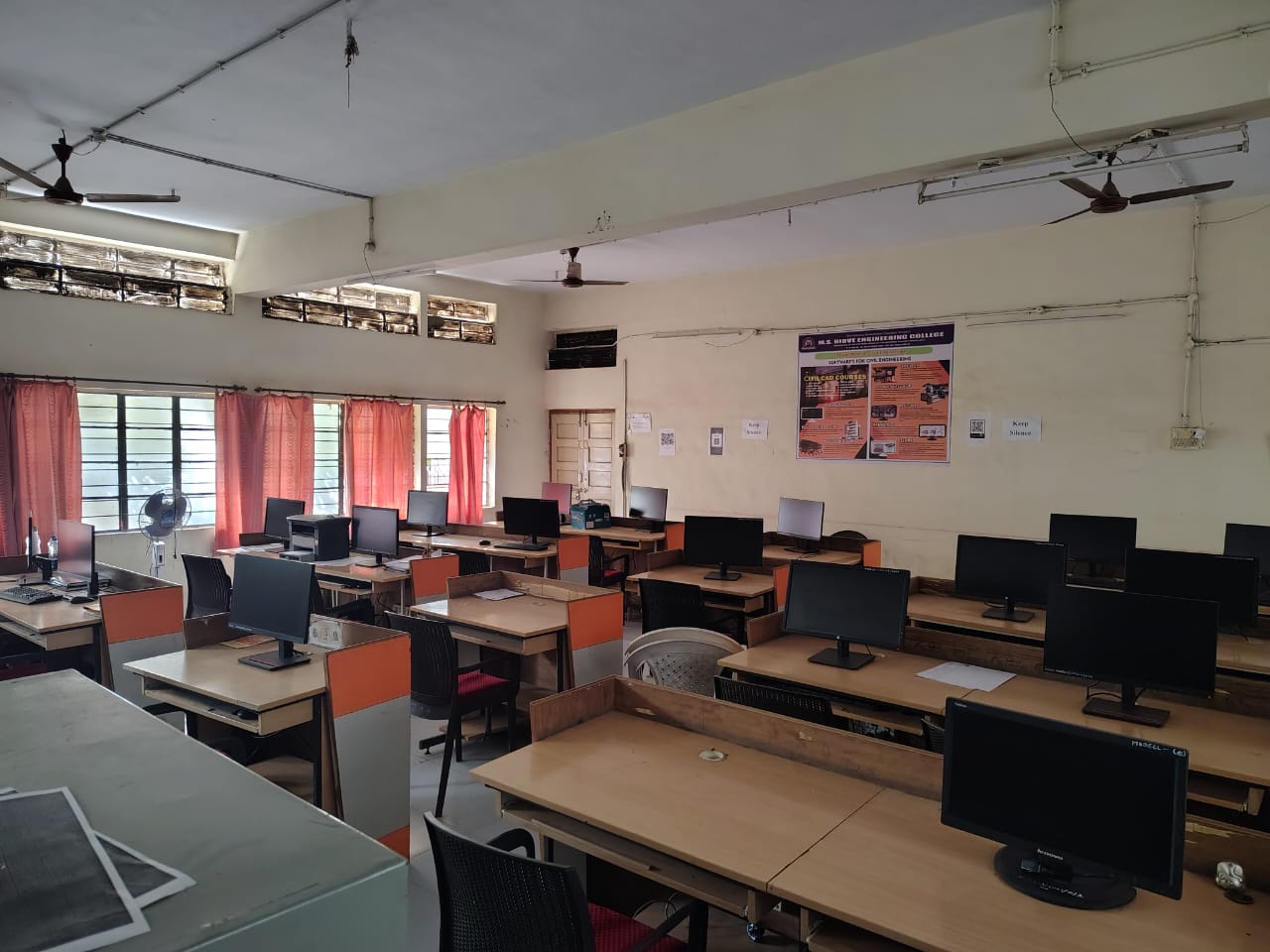
Conrete Technolagy
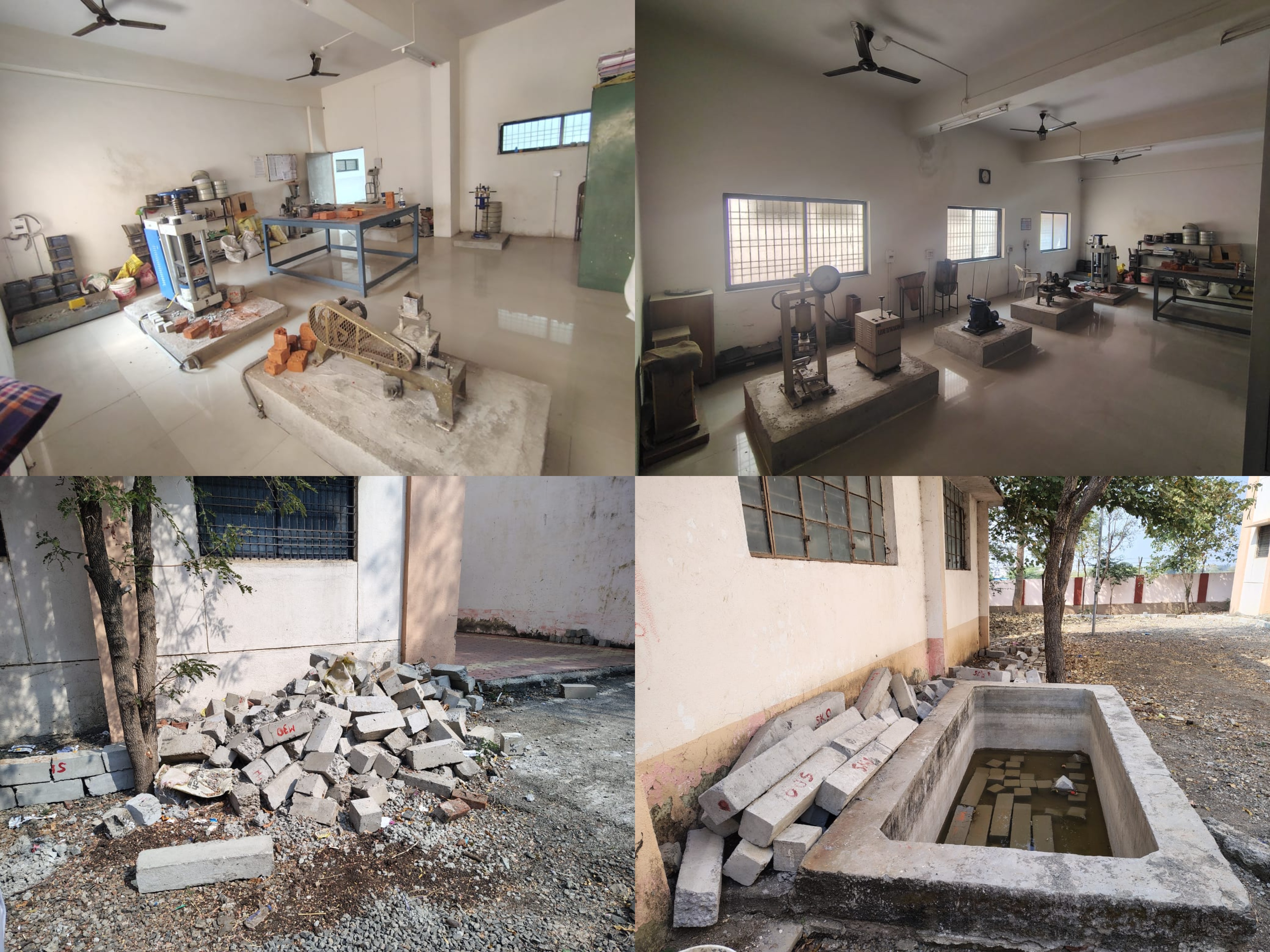
Civil Engg.Library
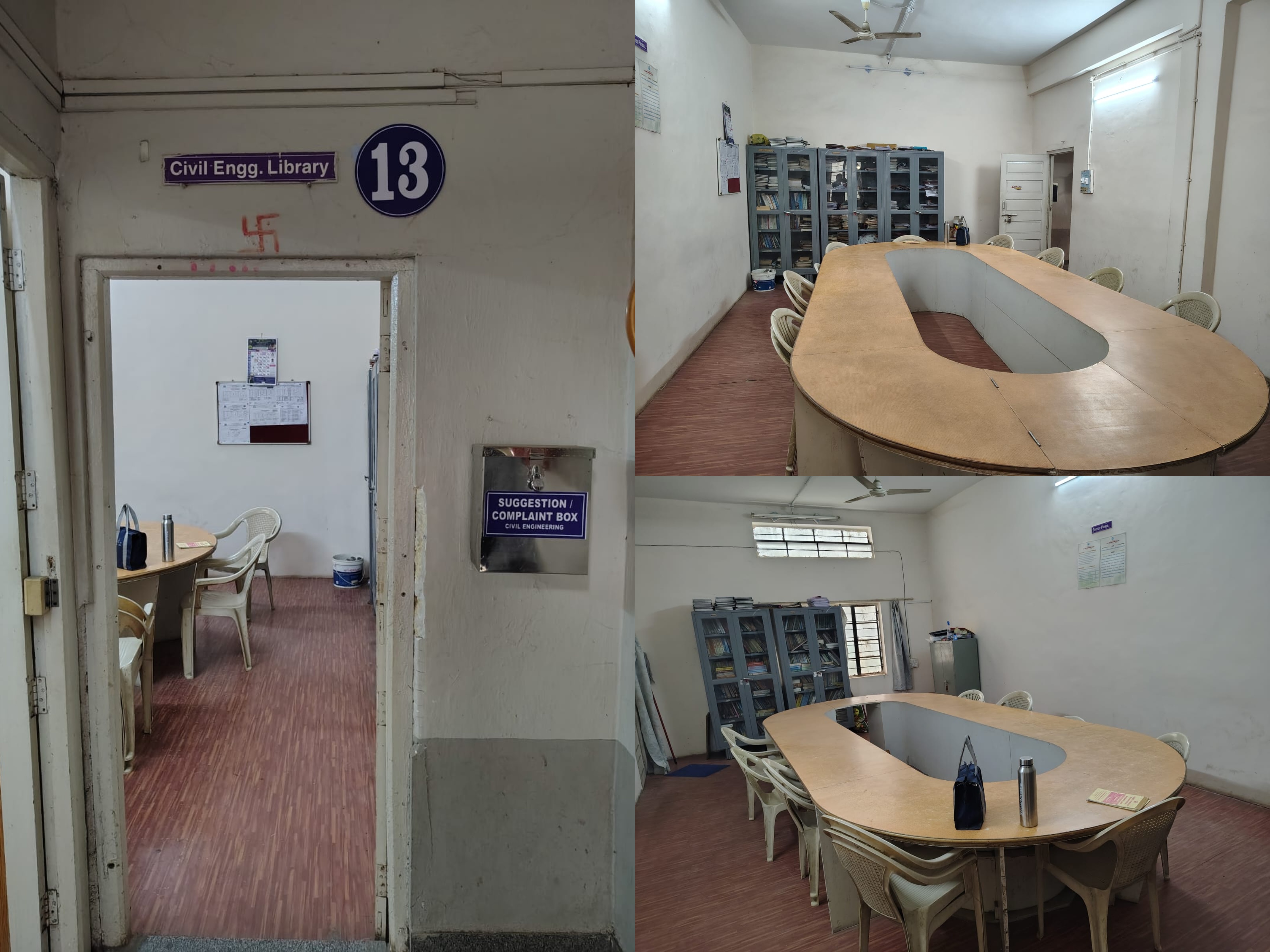
Civil Engineering Geology Lab.
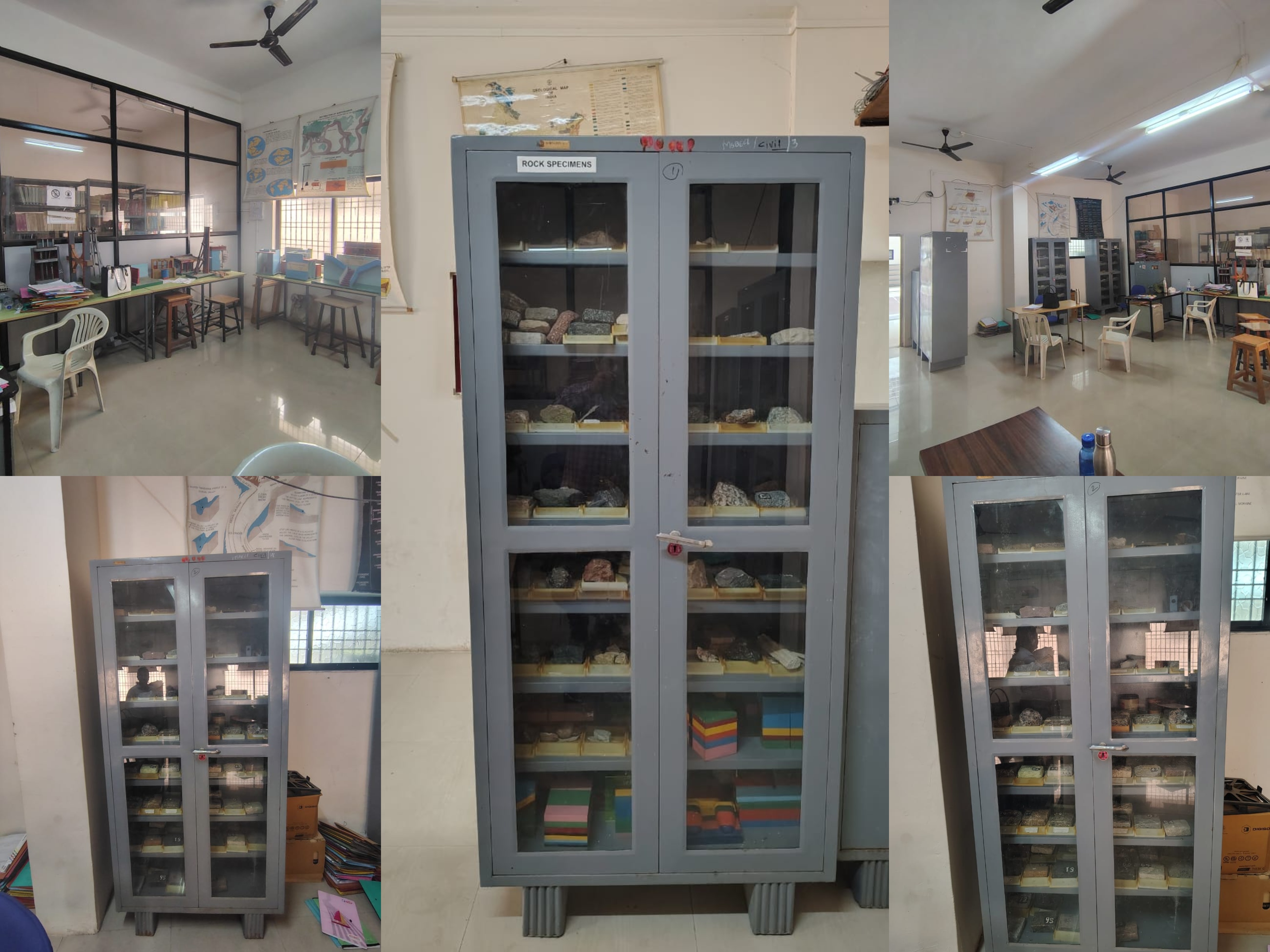
Civil Engineering Mechanics Lab.
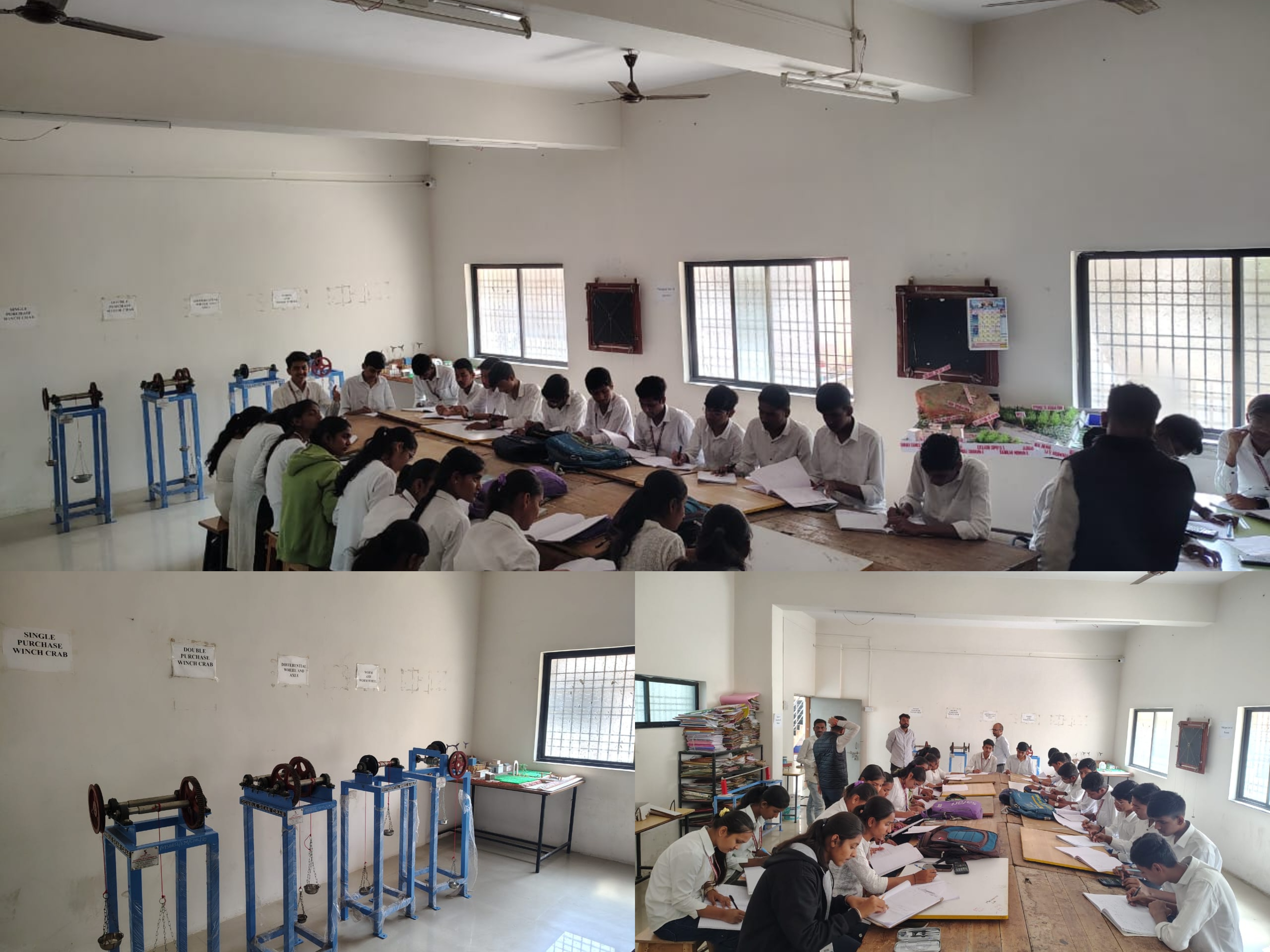
Civil Environmental Engineering Lab.
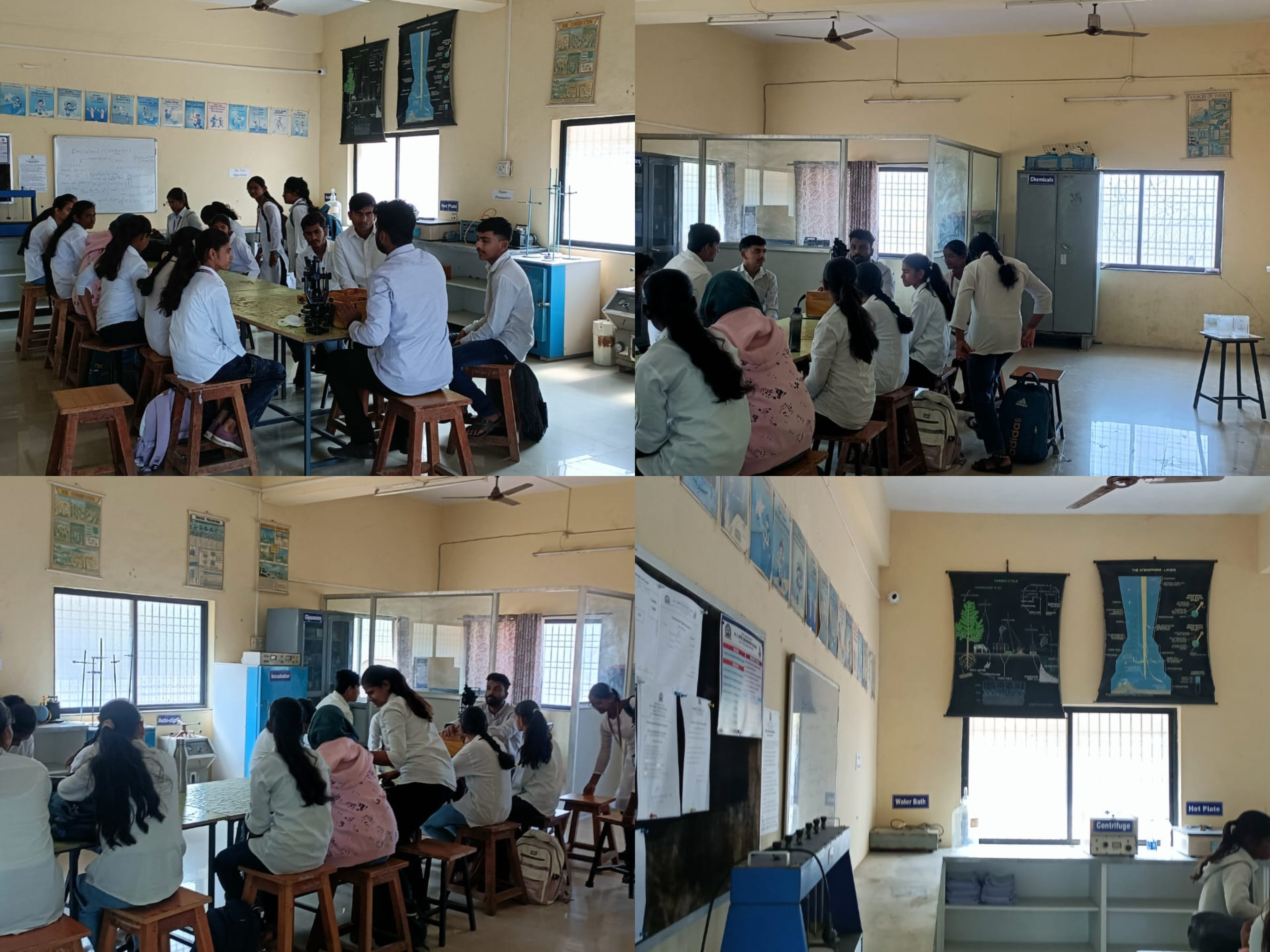
Civil Fluid Mechanics Lab.
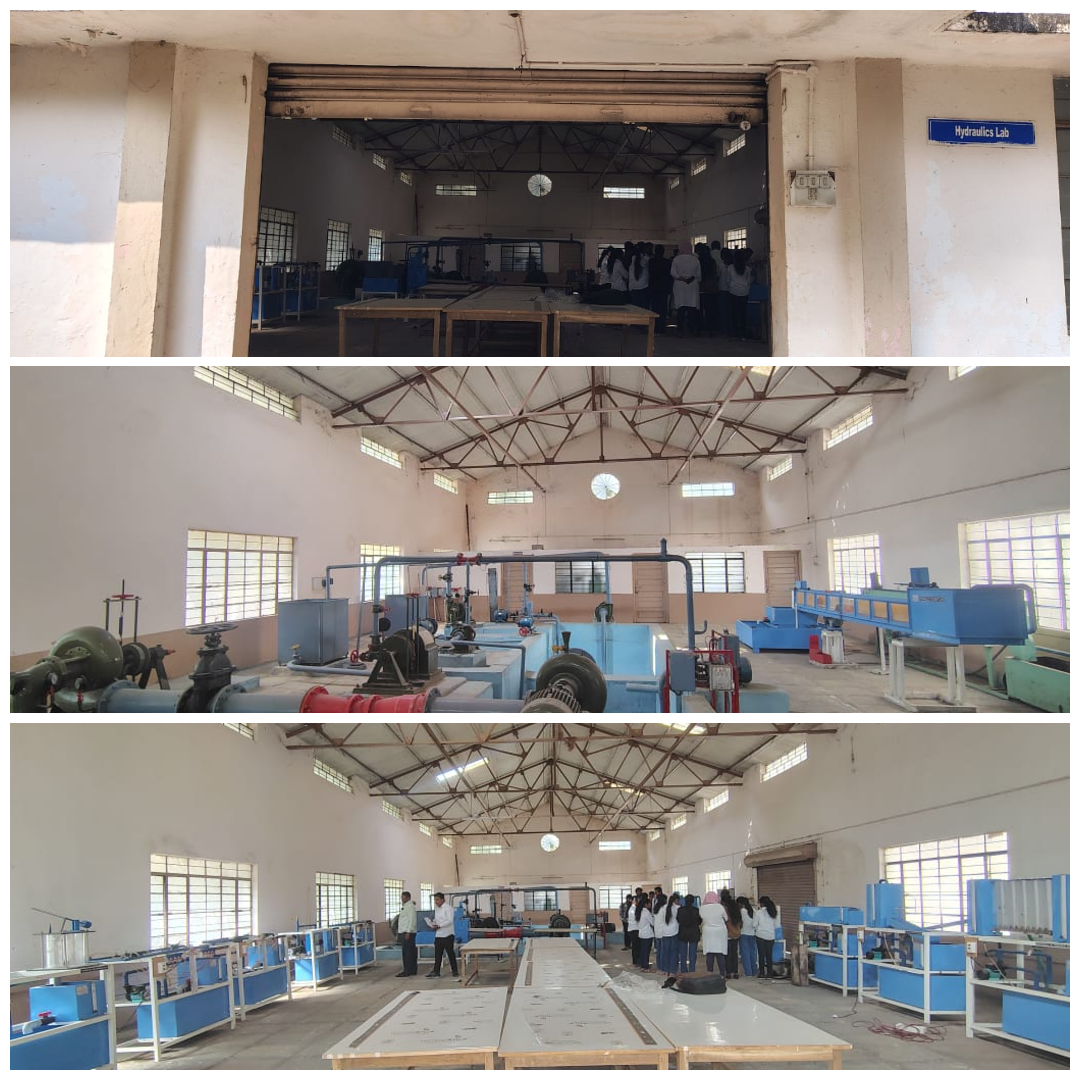
Civil Geotechnolgy Engineering Lab.
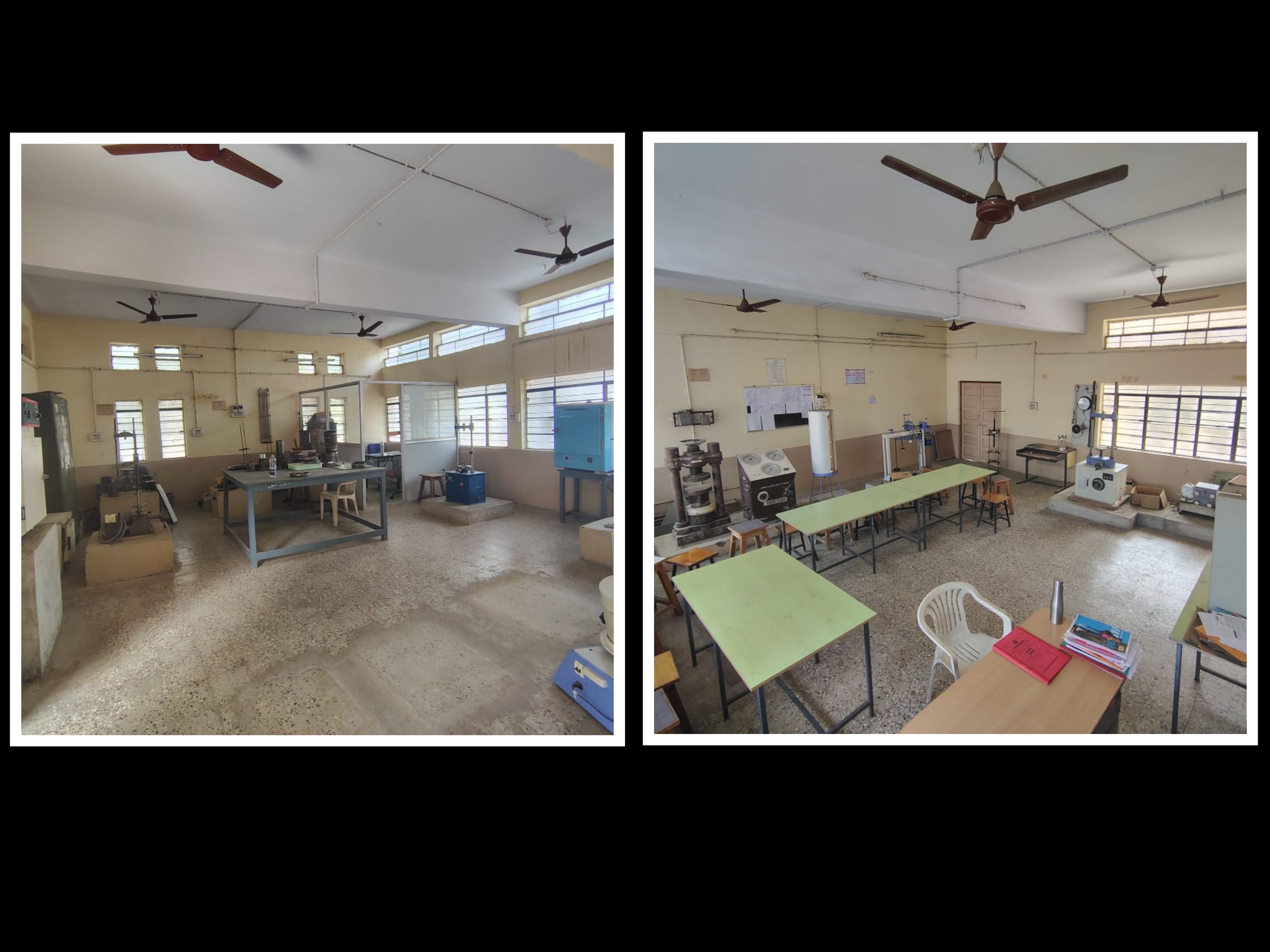
Civil Seminar Hall
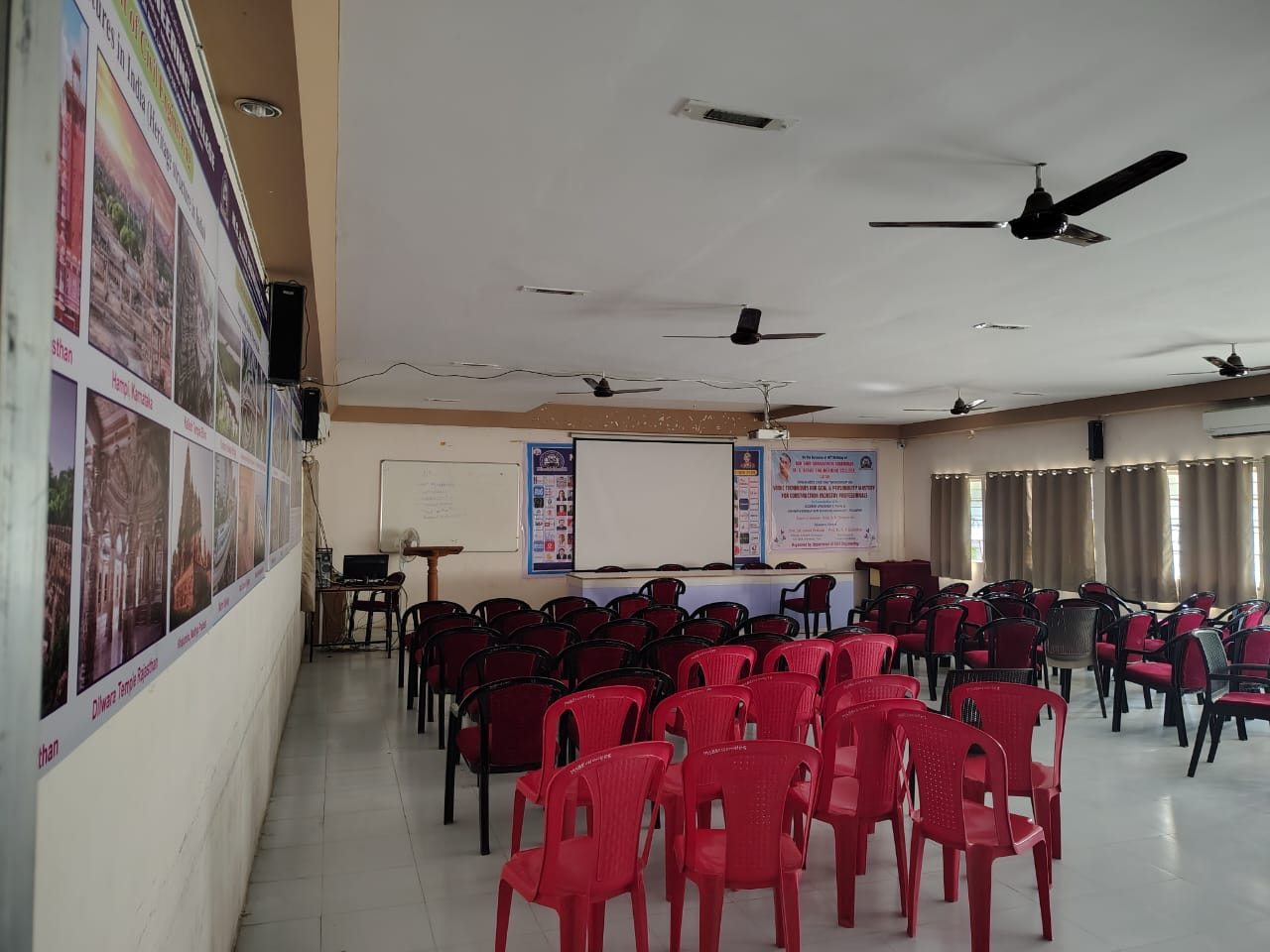
Civil Strength of material Lab.
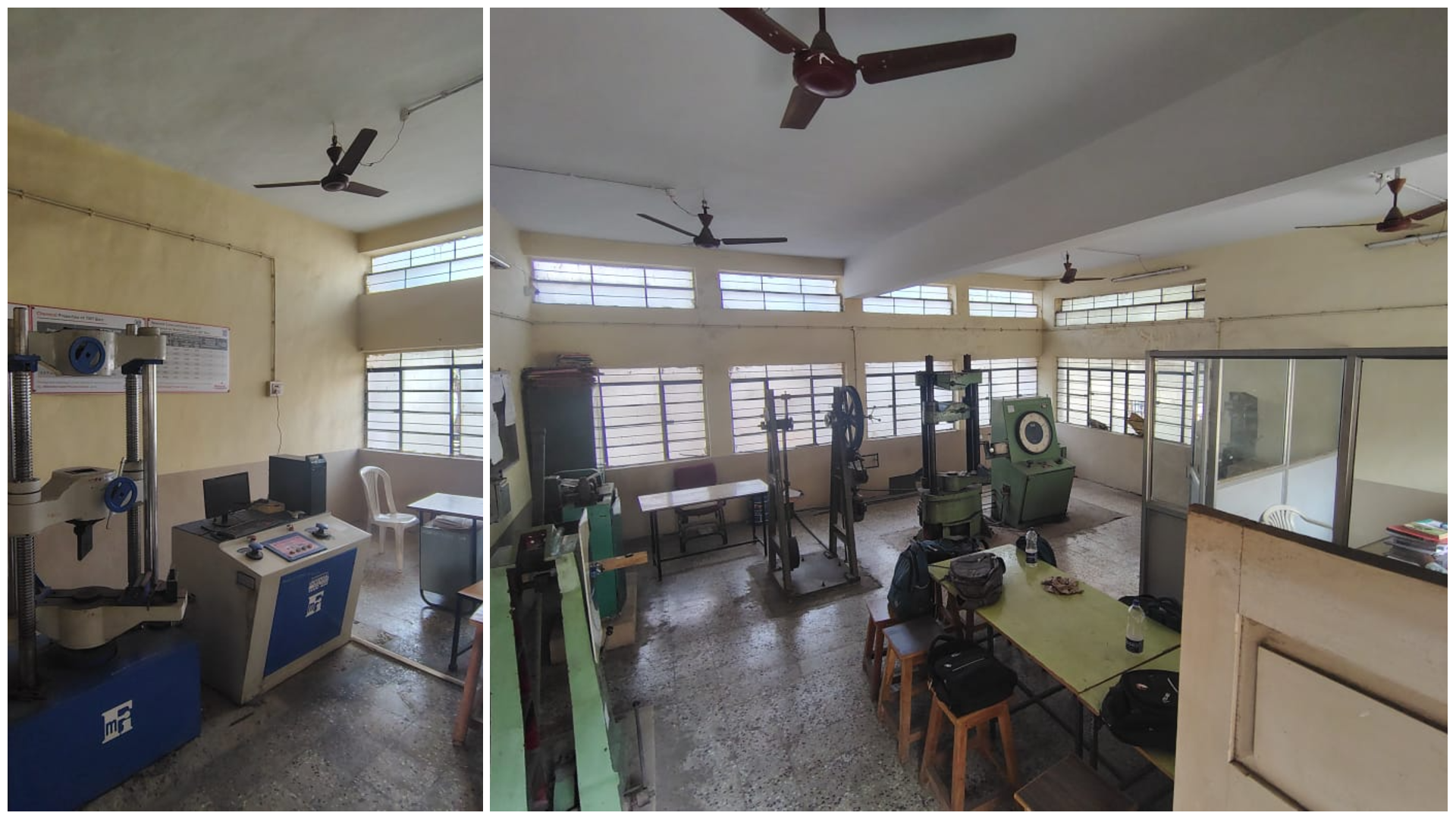
Civil Surveying Lab.
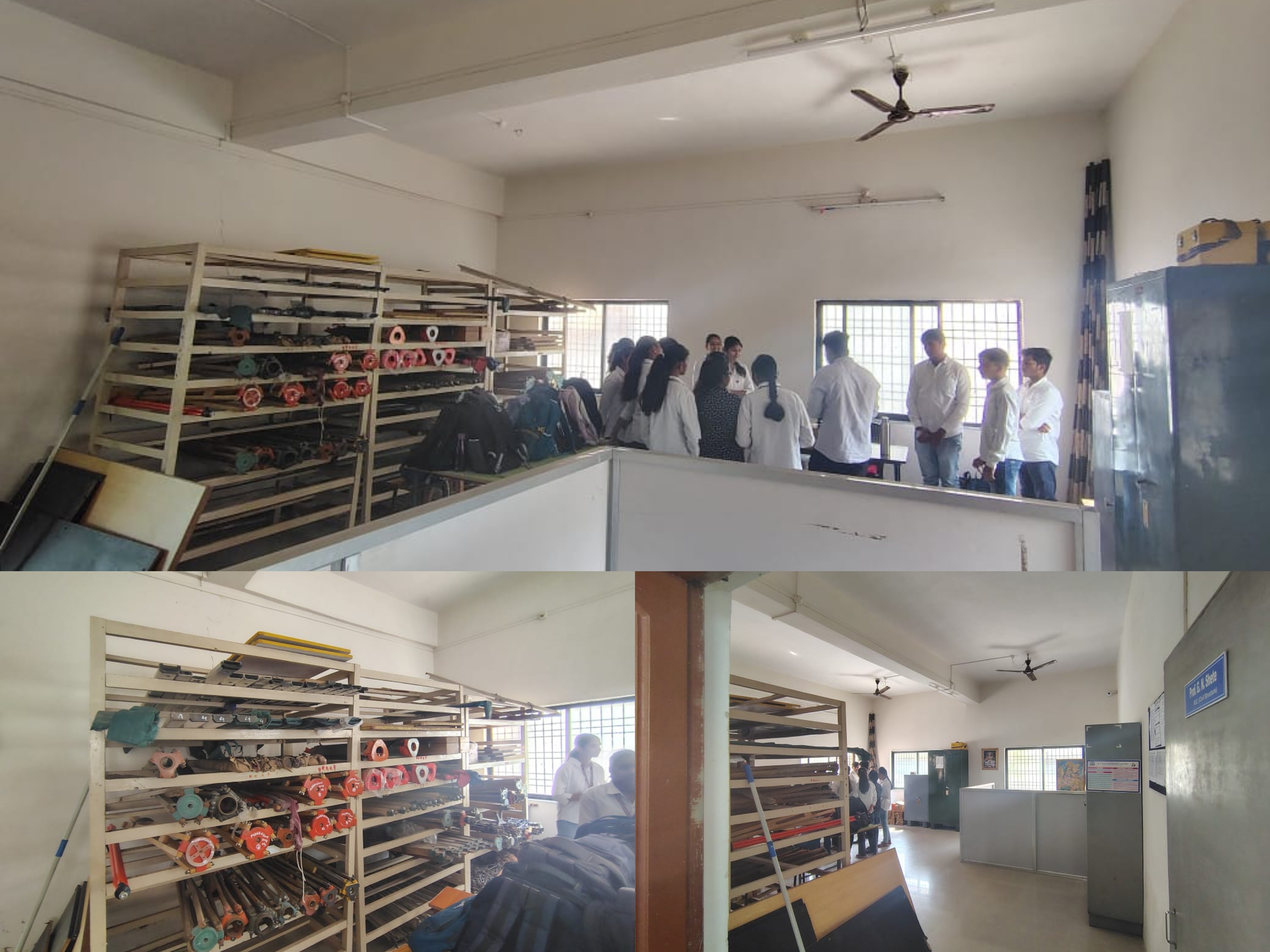
Civil Transportation Lab.
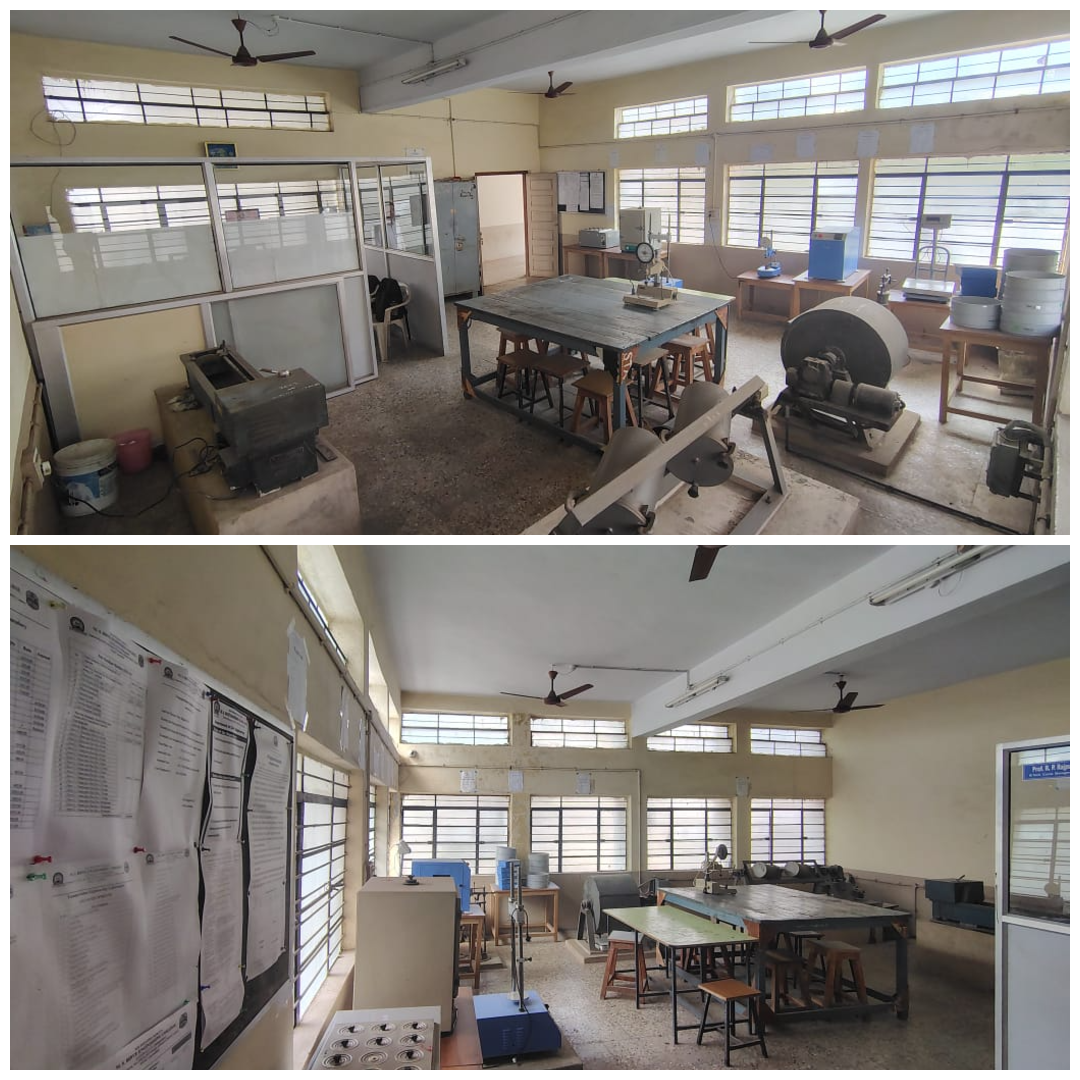
Student Corner
ASSOCIATION OF CIVIL ENGINEERING STUDENTS
Office bearers of A.C.E.S
| Designation | Name |
|---|---|
| President | Abhijeet Suryawanshi |
| Vice President | Vikas Gaikwad |
| Secretary | Anuja Joshi |
| Treasurer | Tajmmal Bodke |
| Co-ordinator | Deepika Morge |
| Joint Co-ordinator | Neha Admane |
| Joint treasurer | Madhubala Birajdar |
| Joint Secretary | Himanshu Andurkar |
| Event Head | Pruthviraj Chavan |
Events
Technical Staff
| Name | Mr.N.R.Bembalkar | |
| Designation | Skilled Asst | |
| Qualification | ITC | |
| Experience | 27 Years |
Notice
Syllabus
Vision and Mission
Vision
To establish the department in the field of civil engineering focused on quality education, centre of excellence and innovative research.
Mission:
1) To promote quality education, research and consultancy for industry and society.
2) To establish a centre of excellence in the field of research.
3) To train students in industrial interactions and innovative thinking with relevance to entrepreneurships.
